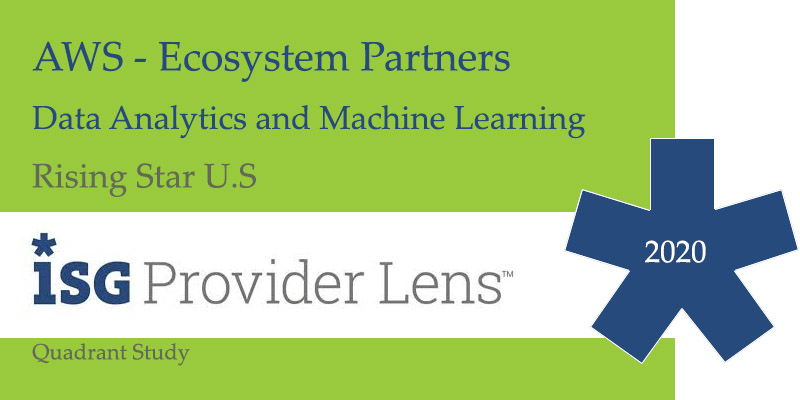Enterprises today understand that the digital transformation is strongly pivoted around the web scale distributed foundations they need to build, to solve a variety of uses cases to rapidly roll out products and services. Containers have proven to be useful to package applications together with libraries and other dependencies for deployment consistency across the infrastructure. While Kubernetes has rapidly emerged as the de-facto open source standard for container orchestration, the journey to adoption can be hard and complex for enterprises. As Kelsey Hightower, a highly respected Google Developer Advocate, aptly summarizes, “Kubernetes is a platform for building platforms”, it can quickly become a complex beast, when adopted at an enterprise scale.

Kubernetes is an embedded platform utility; the real challenges are in operationalizing it in an enterprise context and at an enterprise scale. There are several considerations that enterprises need to factor in, as they choose a platform to meet their own SLAs. Some considerations that are vital:
- Kubernetes natively does not offer the deployment of highly available clusters out-of-the-box and must be configured by an administrator.
- Opinionated paths to production need to be built out, which are highly observable, resilient and available, and support strong SLAs for users.
- Kubernetes cannot natively make your complex networking easy. However, upon setup completion, pod-to-pod and pod-to-outside networking can be made easier. Integration with the SDN (like NSXt), is also a mandatory critical capability.
- Kubernetes does not natively allow for rolling upgrades and rollbacks with always available clusters. This is an important consideration, as the community is rapidly evolving with 4+ upgrades a year.
- Kubernetes offers multi-cluster management and environment isolation for development/testing/staging. It would also be useful to support multiple tenants running their own workloads on constrained compute and storage resources.
- Kubernetes has challenges enforcing policy across and within clusters.
- Deployment models and solutions will decide on, “How well it will integrate within the enterprise?”
Pivotal Container Services (PKS) addresses these operational concerns by offering container class orchestration. This makes it very easy for administrators to operationalize Kubernetes, provide an opinionated orchestration, and manage security, networking, and storage concerns. The goal is to enhance the experiences of DevOps engineers and administrators through lifecycle management and operations.
I’m looking forward to connecting with our clients and the broader Spring community to discuss best practices and the strategy behind building a secure and scalable container-based platform that provides a seamless path to move, manage and run application workloads from the virtual to the container world at SpringOne Platform! Come see me at the Mphasis booth located at #S11 to dive deeper into these concepts.



